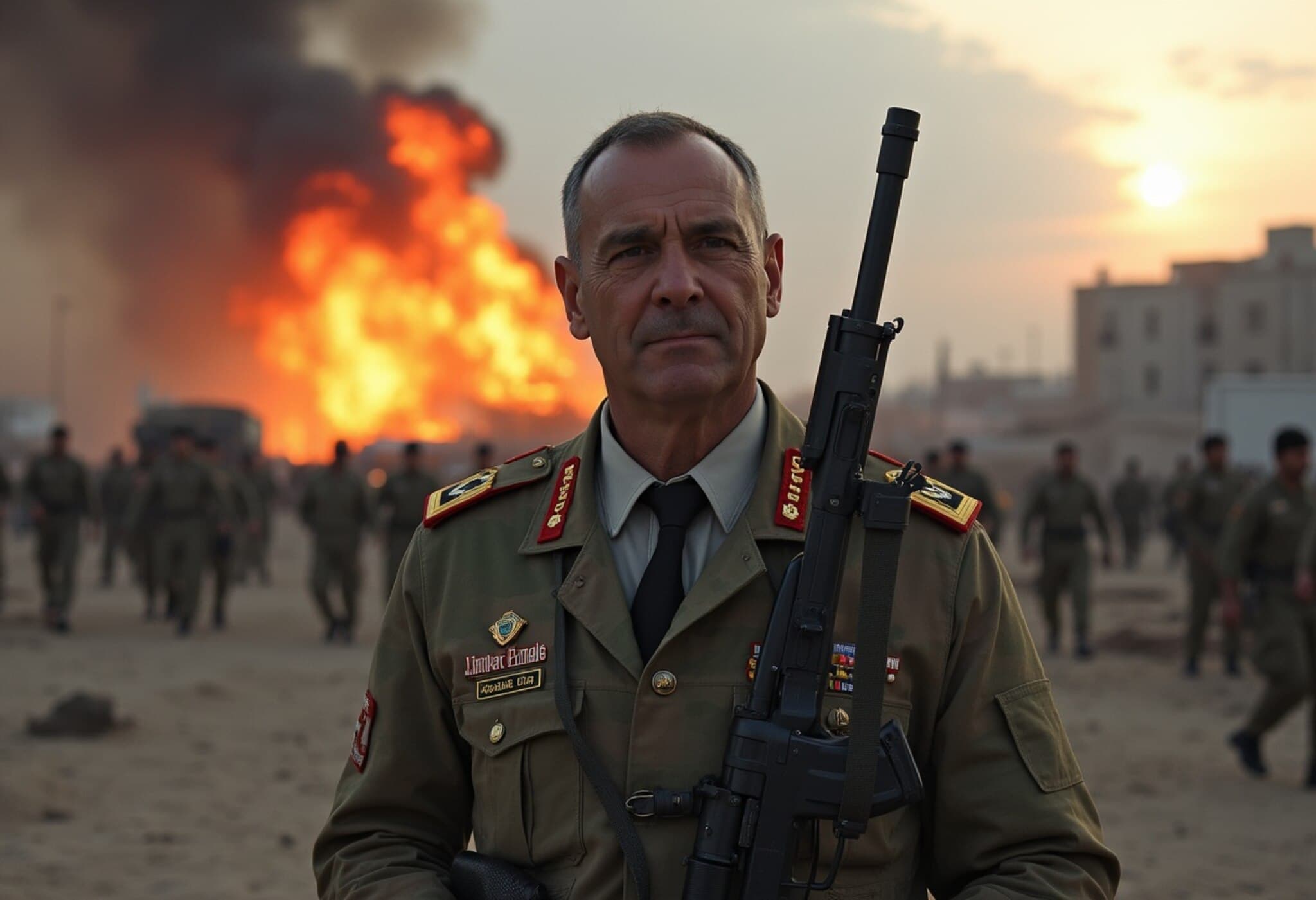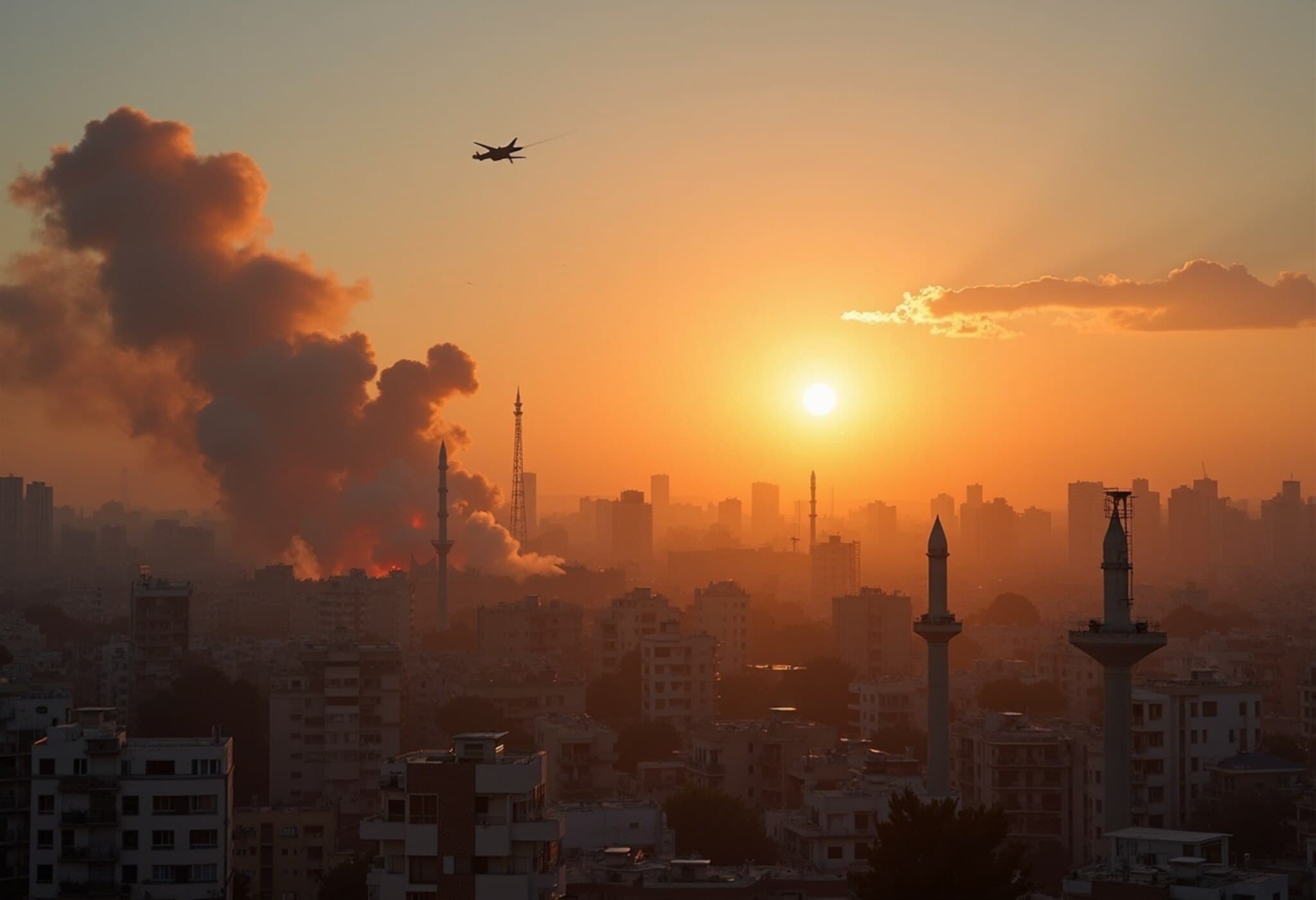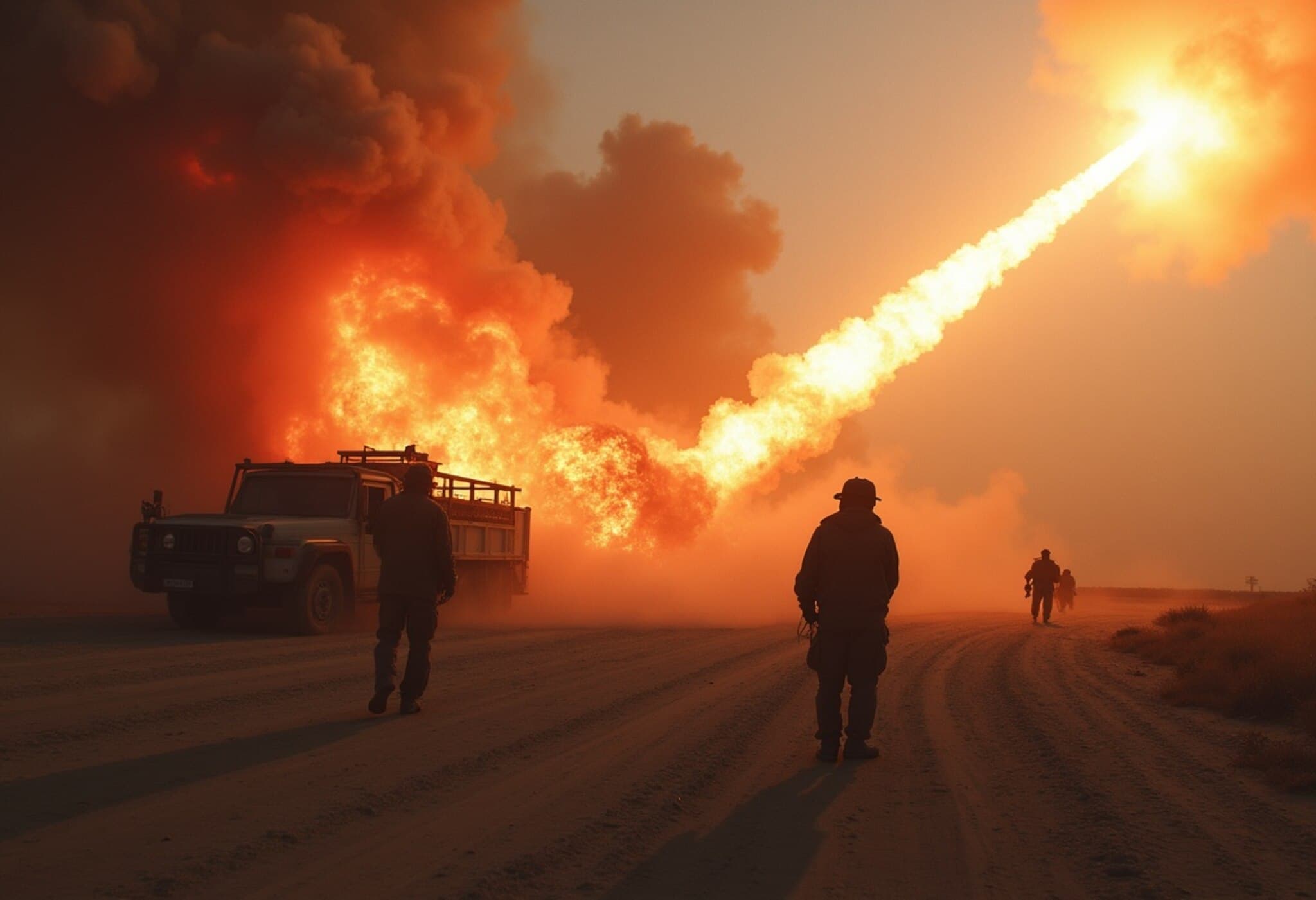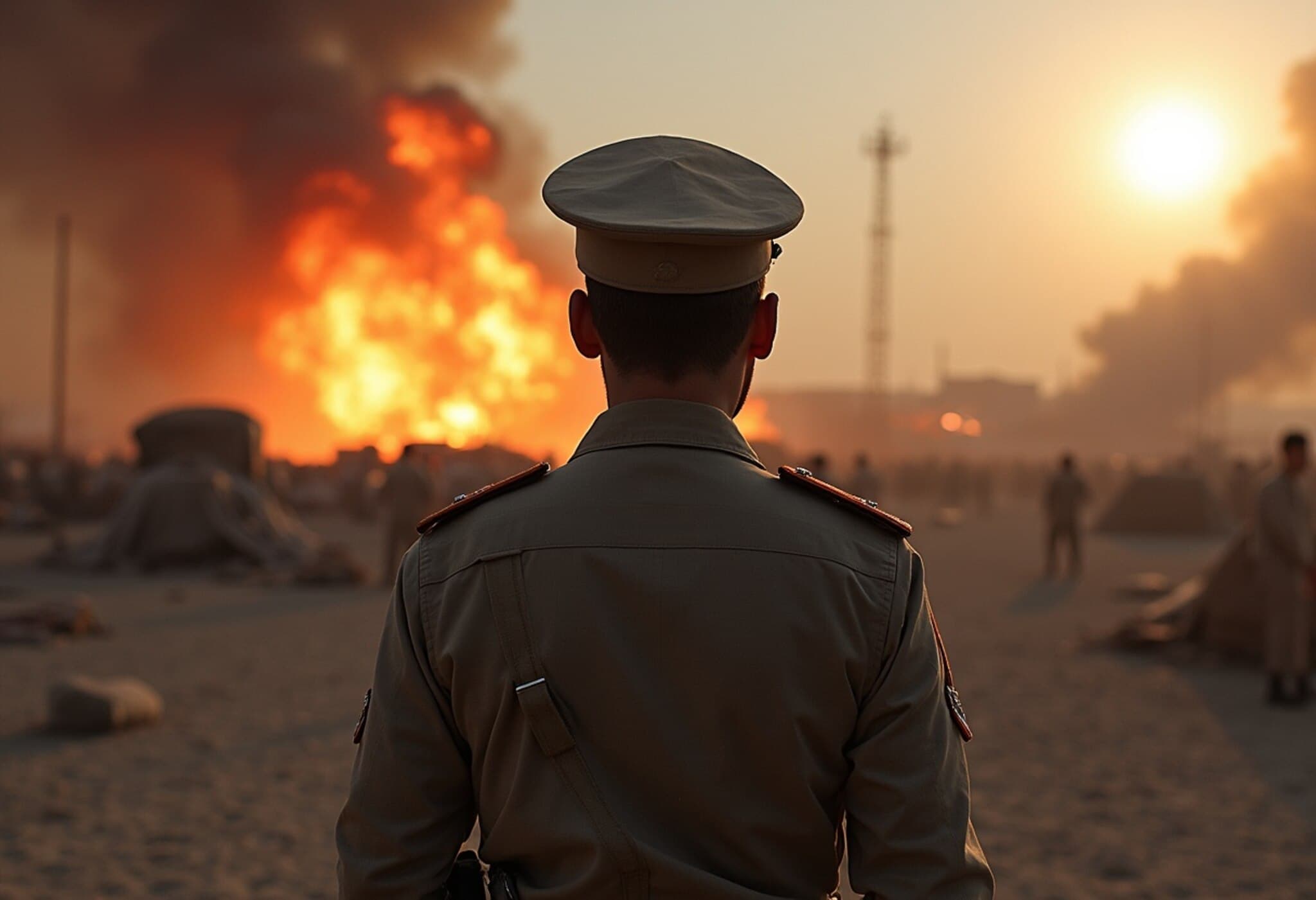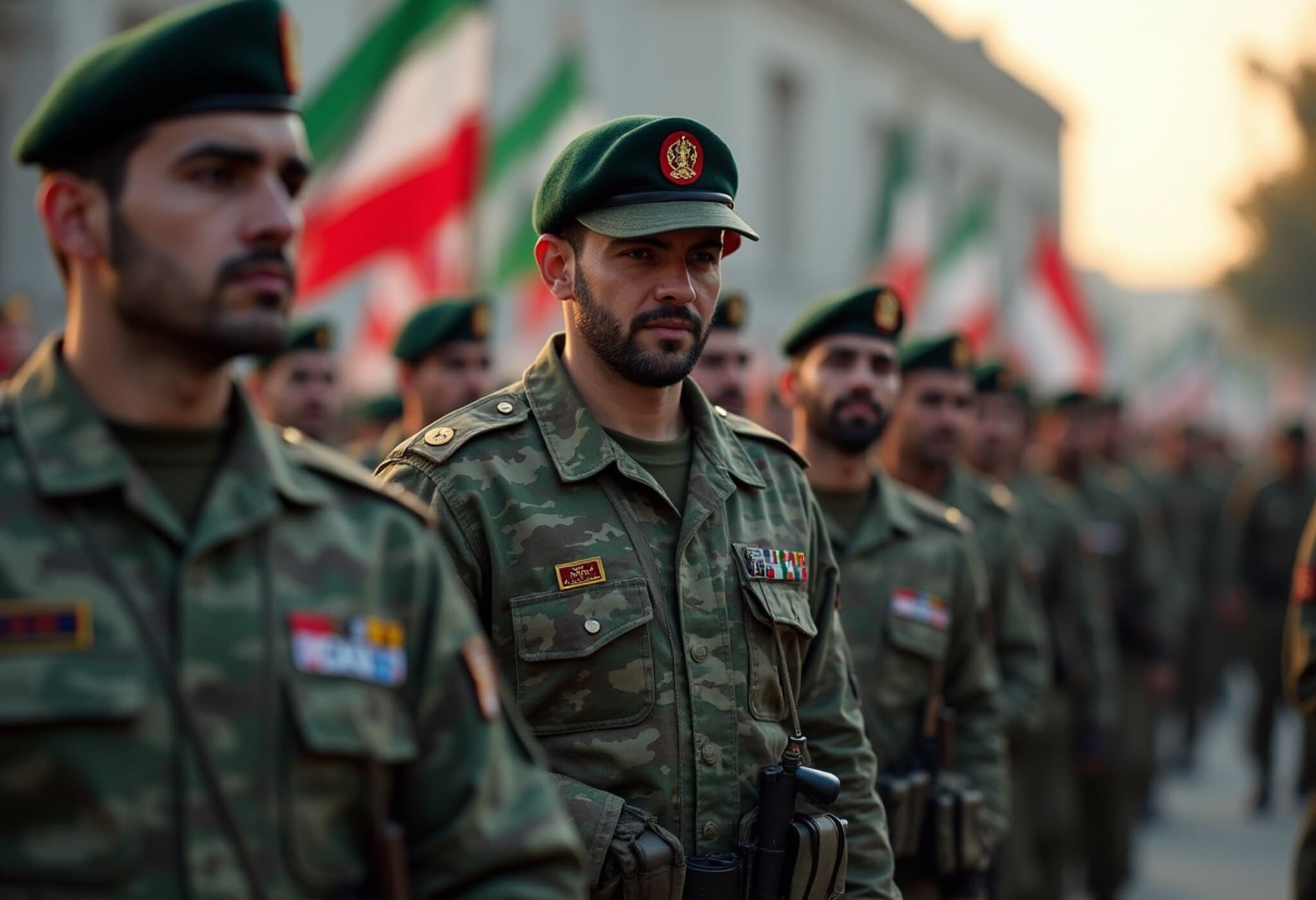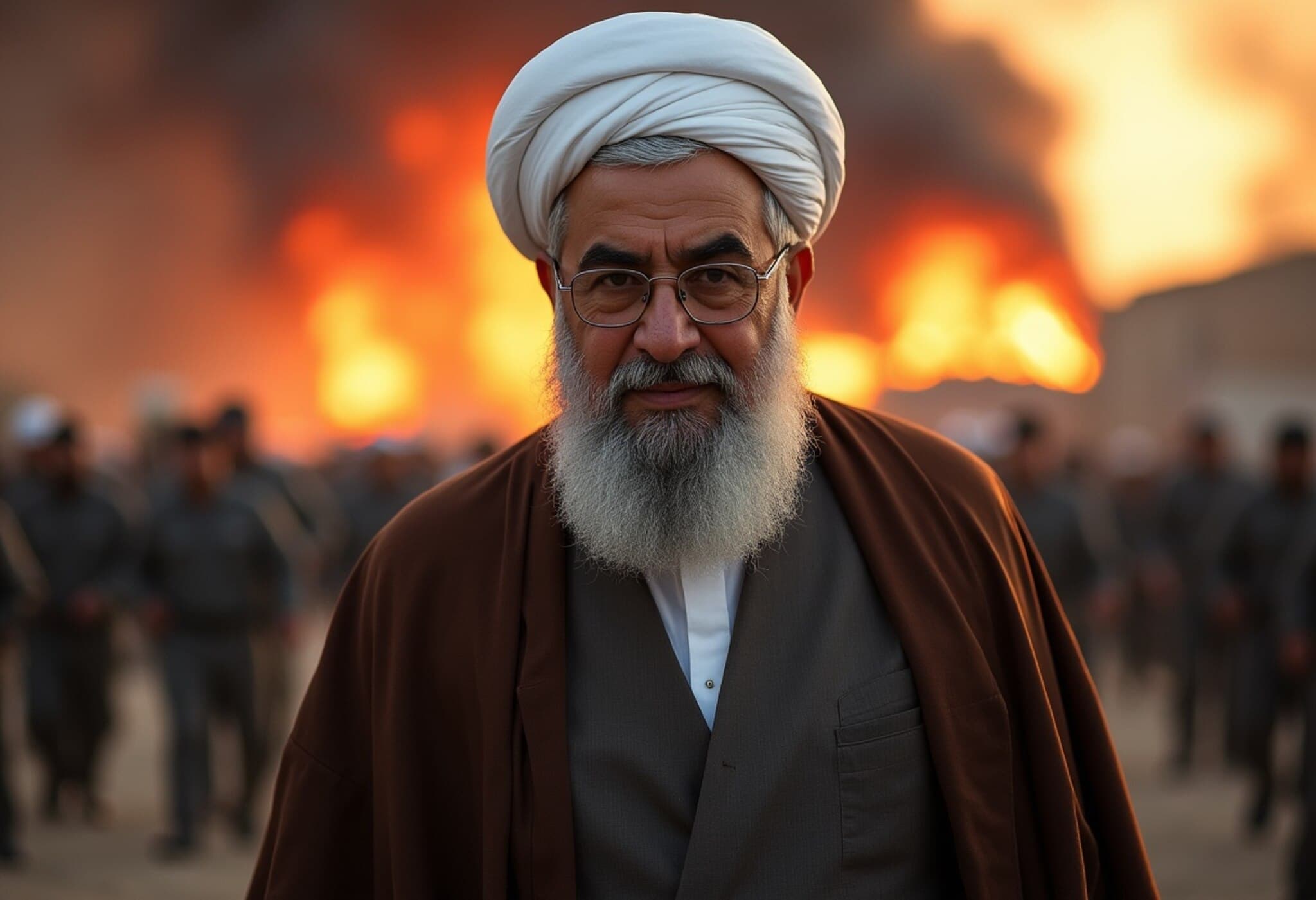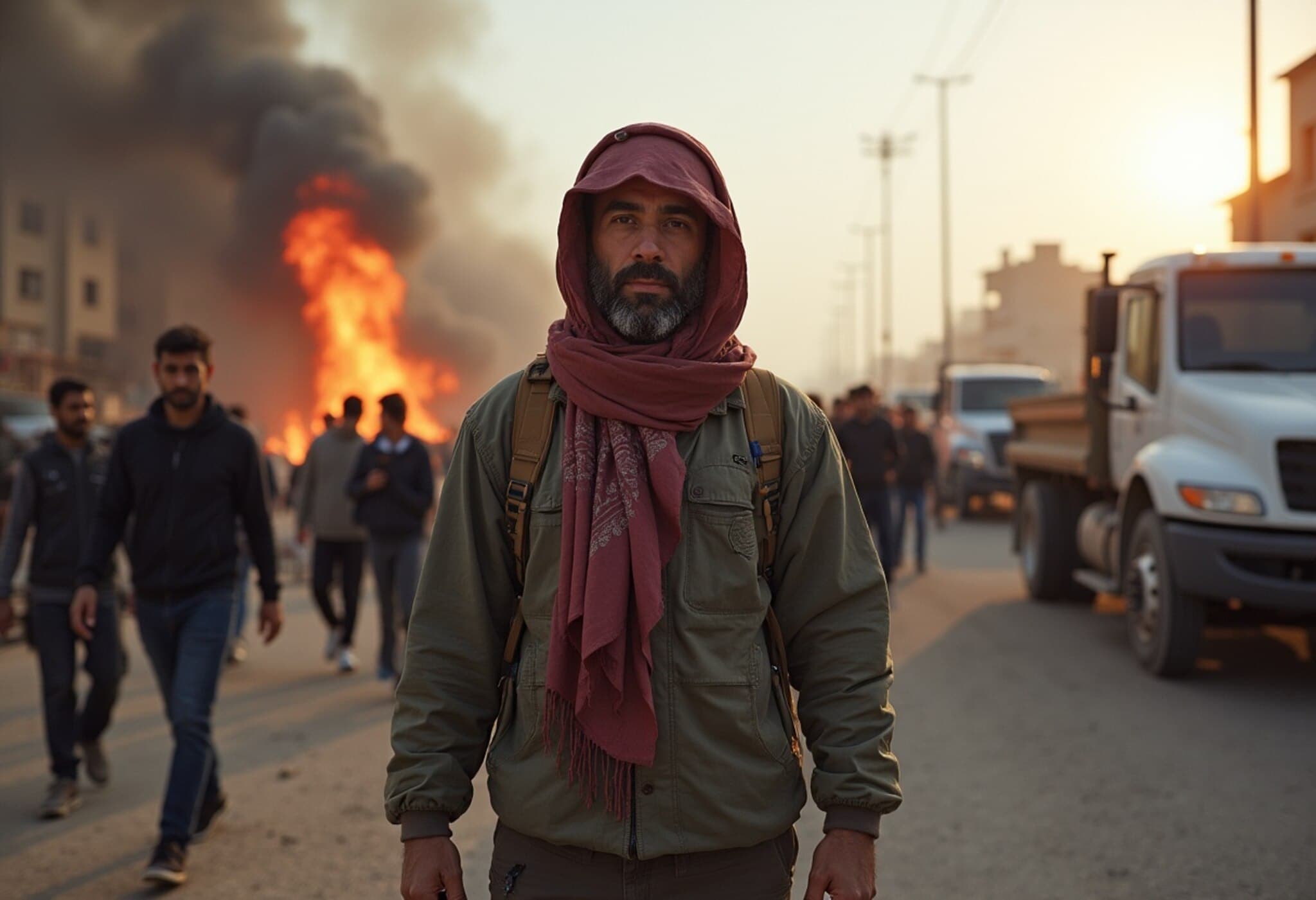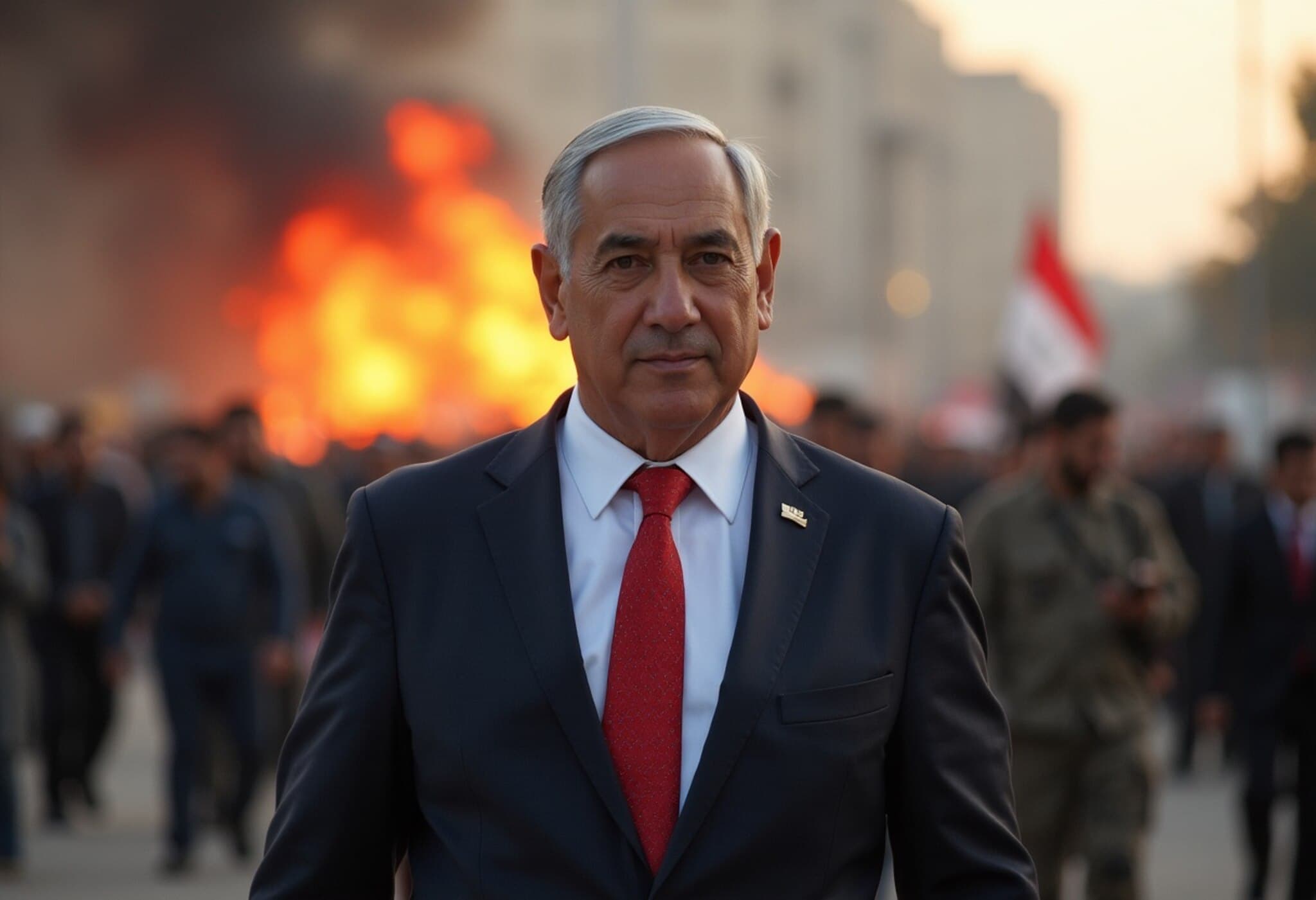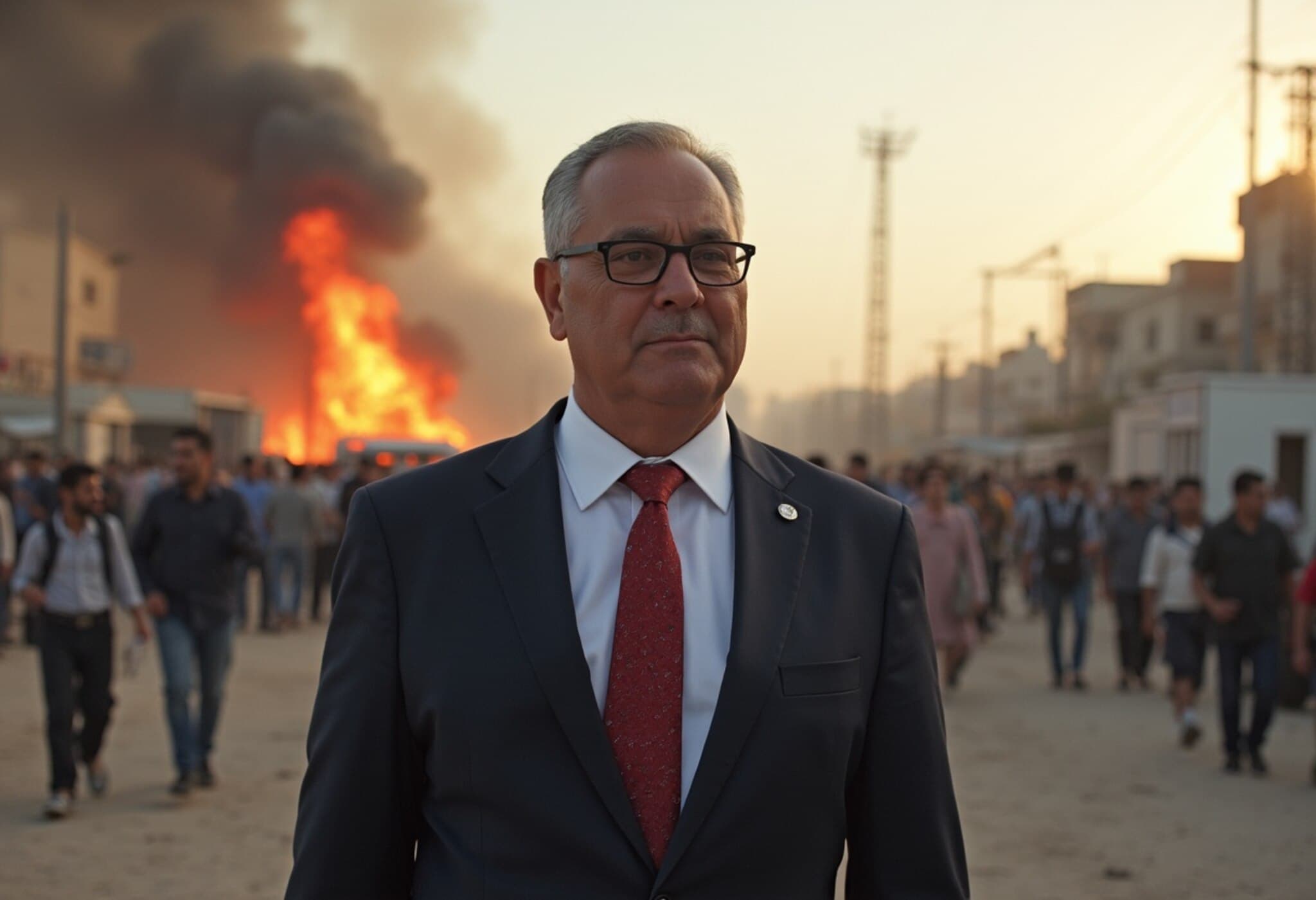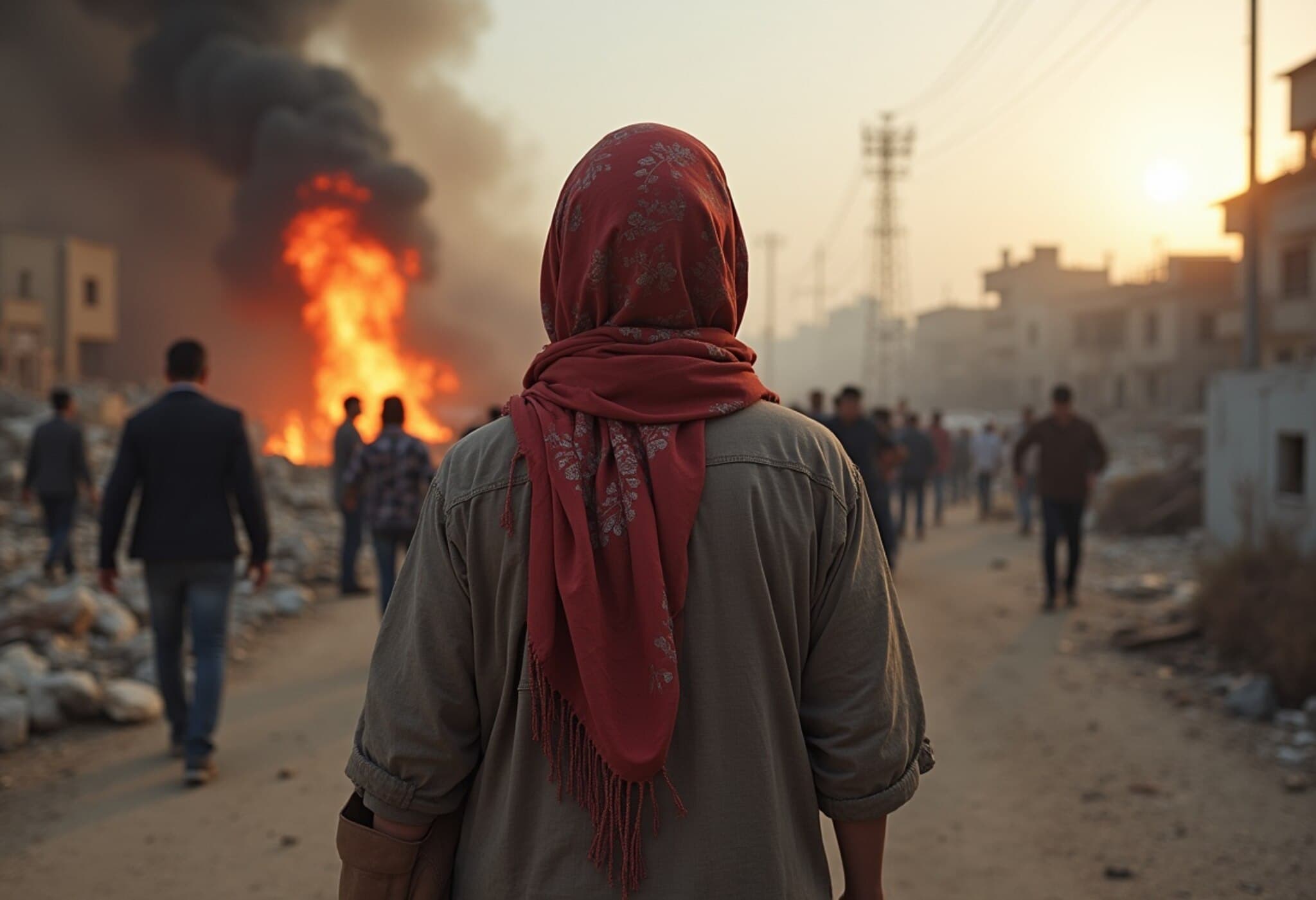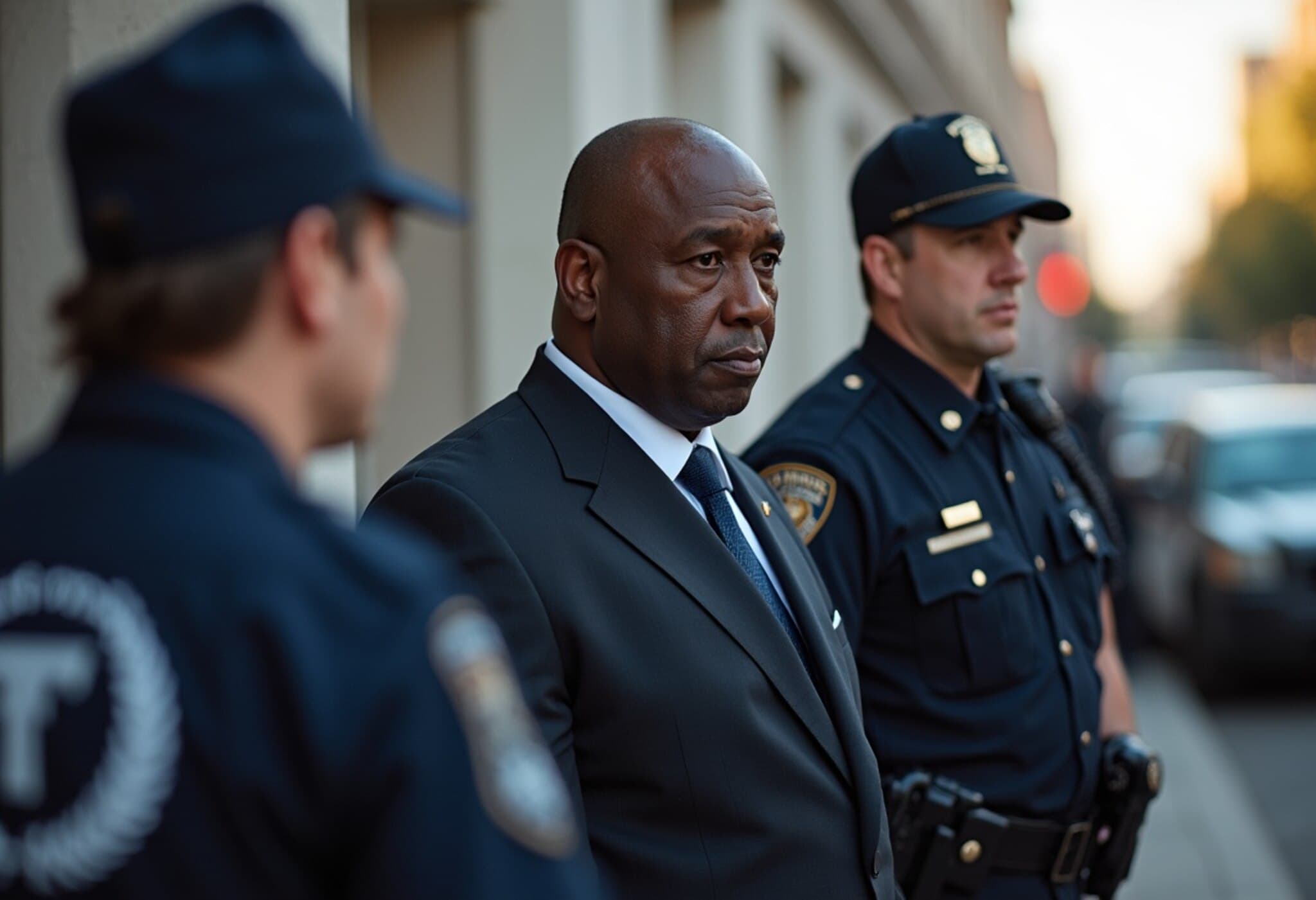Israeli Military Chief Warns of Indefinite Combat in Gaza Over Hostage Crisis
In a sobering declaration amid one of the Middle East's most fraught conflicts, Lieutenant General Eyal Zamir, the chief of staff of the Israel Defense Forces (IDF), has cautioned that military operations in Gaza will persist relentlessly unless a breakthrough occurs in securing the release of Israeli hostages held by Hamas.
Hostage Standoff Intensifies Pressure on Israel
Speaking at a command center and addressing both military personnel and officials, General Zamir outlined the stark reality facing Israel: 49 hostages remain in Gaza from the 251 abducted during Hamas’s October 2023 assault, with 27 confirmed deceased—a grim statistic fueling public anguish and hardening government resolve.
"In the coming days, we will know whether an agreement to release our hostages can be finalized," Zamir stated. "If not, the combat will continue without rest." His words reflect the deep frustration over stalled truce talks brokered by international mediators, including the United States, Egypt, and Qatar.
Graphic Hostage Footage Raises Humanitarian and Political Stakes
Recent videos released by Palestinian armed factions depict hostages in visibly debilitated conditions, sparking renewed international alarm and intensifying calls within Israel—particularly by families of the captives—for the government to pursue stronger military responses rather than prolonged negotiations.
Growing International and Domestic Pressure Amid Humanitarian Concerns
The conflict, now stretching nearly 22 months, has drawn widespread criticism due to the unfolding humanitarian crisis. Aid organizations warn that Israeli restrictions on supplies have precipitated an acute hunger crisis in Gaza’s civilian population, further complicating the already volatile environment.
However, General Zamir pushed back vigorously against accusations that the IDF is responsible for intentionally starving Gaza’s residents, branding such claims as "deliberate, timed, and deceitful attempts" to defame a military he described as moral. He emphatically assigned blame to Hamas for the widespread suffering and death in the territory.
The Cost of Conflict: Human Toll and Strategic Implications
- Casualties: At least 60,332 deaths in Gaza, predominantly civilians, according to data from Hamas-controlled health authorities and corroborated by the UN.
- Israeli Losses: 1,219 civilians and 898 soldiers killed since Hamas’s initial attack and the subsequent ground incursion.
- Hostage Crisis: A key driver of military and diplomatic strategies, with hostage families intensifying pressure on government leaders for swift resolution.
Contextual Insights: What Lies Ahead for the Region?
The hostage situation remains a critical chess piece in a daunting, multi-layered conflict affecting regional stability and international relations. Should talks fail, Israel’s commitment to relentless military action could exacerbate humanitarian fallout and further entrench animosities.
Policy analysts suggest that the impasse puts global stakeholders at a crossroads: intensifying diplomatic engagement may be the only path to balance Israel’s security needs with urgent humanitarian considerations in Gaza.
Editor's Note
This evolving crisis underscores the painful complexity of modern conflict, where military imperatives, humanitarian crises, and hostage diplomacy intersect. As Israel braces for potential escalation, the international community faces pressing questions: How can long-term peace prospects be advanced amidst this stalemate? What mechanisms might ensure hostage safety without fuelling further violence? And how can civilian suffering be alleviated without compromising national security? These challenges necessitate nuanced responses rooted in empathy and strategic foresight.

